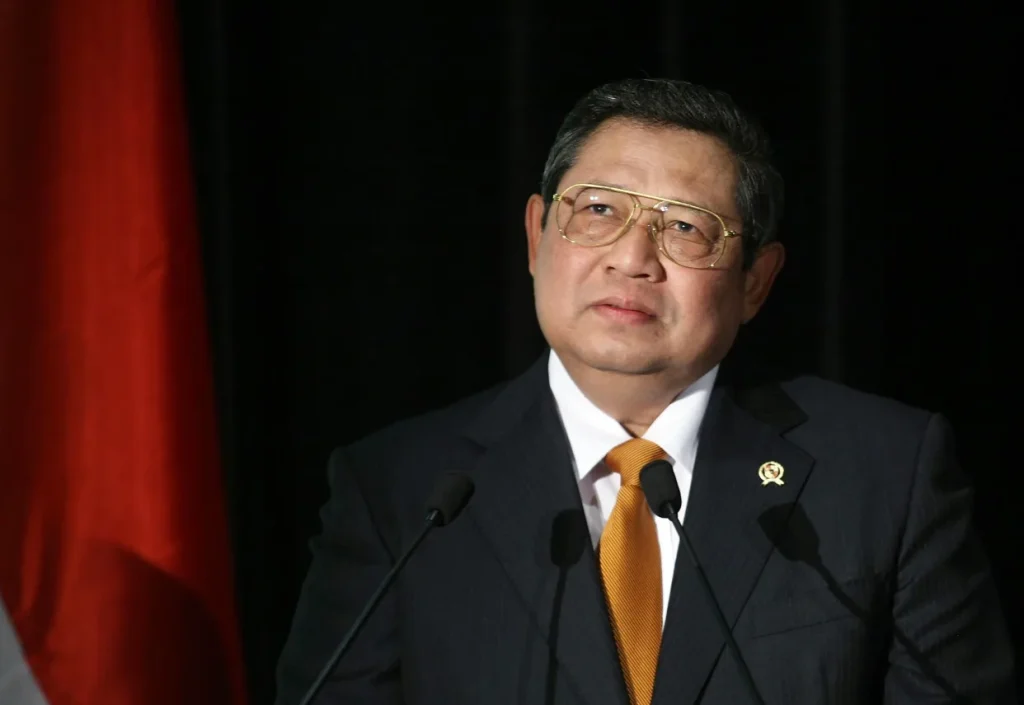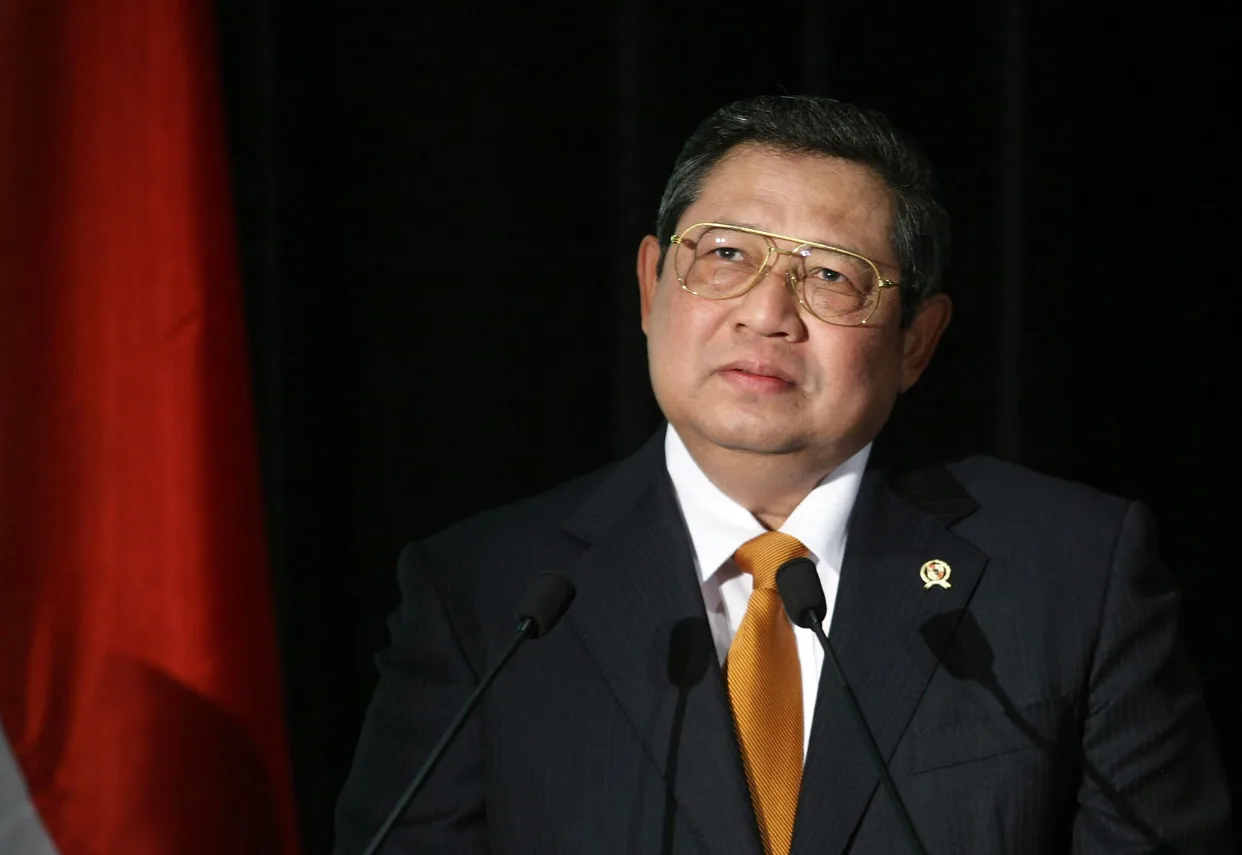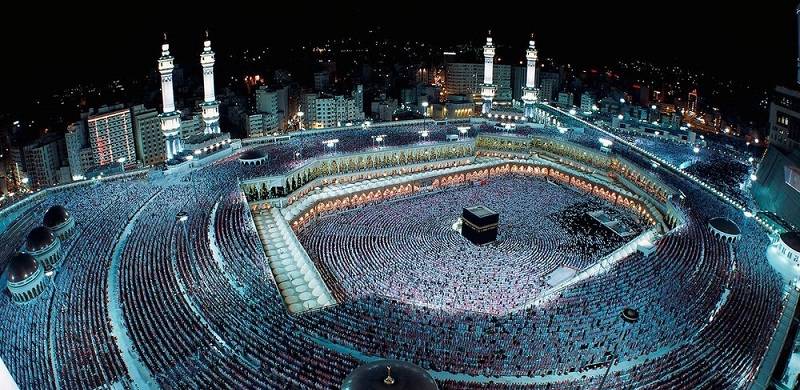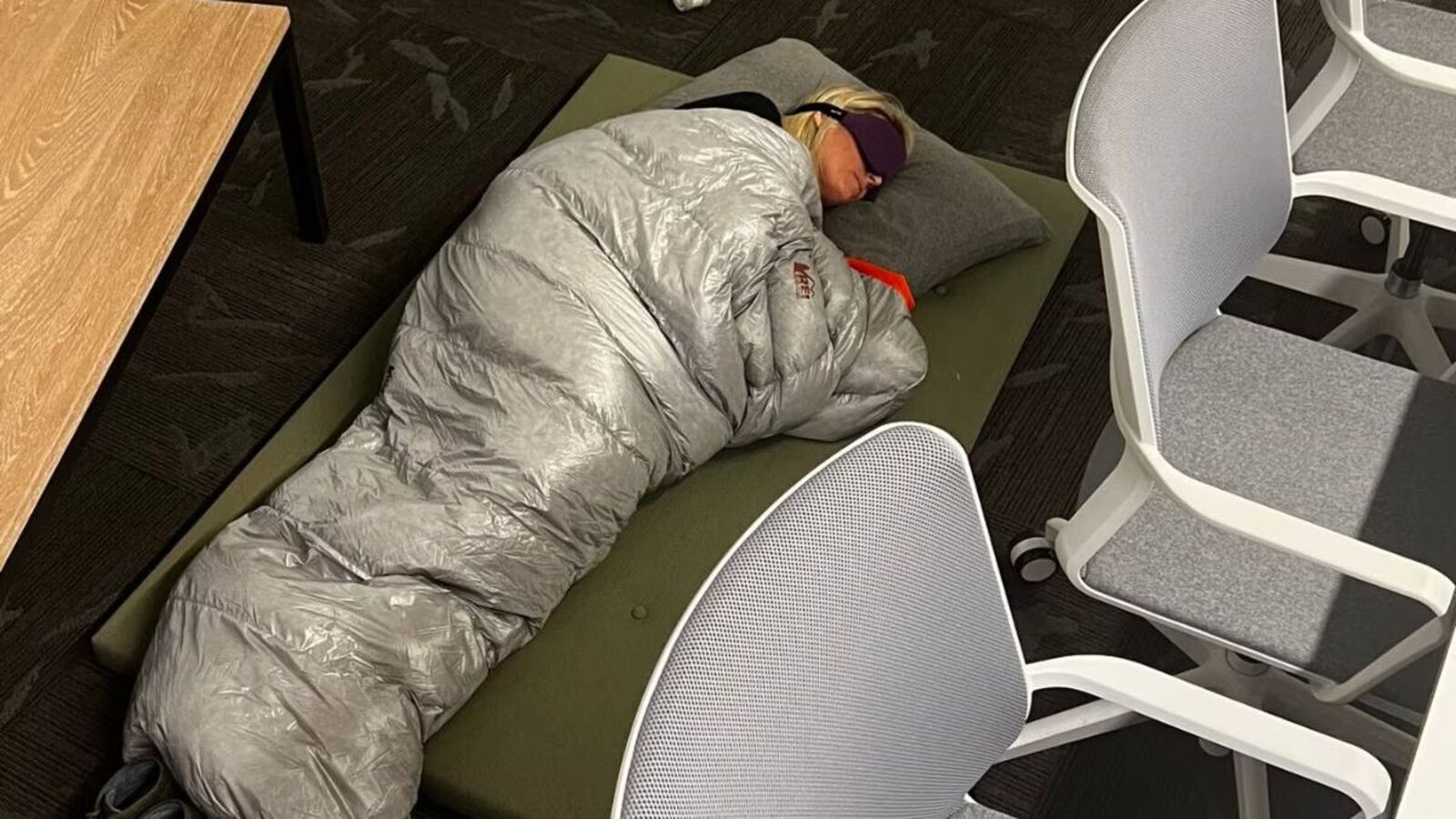In a recent statement, Former President Yudhoyono (SBY) emphasized the critical importance of safeguarding Indonesia’s democracy. Addressing a gathering of political leaders and civil society groups, Yudhoyono voiced concerns about the country’s political landscape, pointing to rising threats against democratic principles and the people’s desire to see democracy protected.
The former president, known for his pivotal role in Indonesia’s transition to a more democratic system, did not mince words in discussing the current state of affairs. He highlighted that Indonesians value their democratic freedoms and are increasingly wary of any potential backslide toward authoritarianism.

Indonesia’s Democratic Journey
Indonesia, a country with a rich and complex political history, has made significant strides in building a democratic system since the fall of Suharto’s regime in 1998. The transition, while turbulent at times, has allowed for the development of institutions that support free elections, the protection of civil rights, and the establishment of checks and balances in governance.
However, Yudhoyono warned that democracy is a fragile system that requires constant vigilance and commitment. “Indonesians want their democracy protected,” he said. “We must ensure that our democratic institutions remain strong and that they serve the people, not political elites.”
Growing Concerns About Authoritarianism
Yudhoyono’s comments come amid rising concerns about the potential erosion of democratic norms in Indonesia. In recent years, critics have pointed to a number of developments that they believe signal a move toward more authoritarian practices, including restrictions on freedom of speech, the manipulation of the legal system for political gain, and an increasing concentration of power in the hands of a few.
These issues have sparked protests and calls for reform, particularly among Indonesia’s younger generation, who have become a significant force in shaping the country’s political future. Yudhoyono acknowledged these concerns, stating that it is the duty of political leaders to listen to the voices of the people and to take action to preserve democratic values.
“We must not let complacency set in,” he said. “Democracy is something that must be fought for and protected every day. Our young people understand this, and they are demanding that we take action.”
The Role of Elections
A key aspect of Indonesia’s democracy is its free and fair elections. Yudhoyono stressed the importance of maintaining the integrity of the electoral process as the foundation of any democratic system. He expressed concern that elections in Indonesia could become compromised if political leaders and institutions do not remain committed to transparency and fairness.
“There is no democracy without free elections,” Yudhoyono said. “We must ensure that every Indonesian citizen has the right to vote and that their vote counts. Any attempt to undermine this right is an attack on democracy itself.”
As Indonesia approaches its next election cycle, there is growing anxiety over the potential for electoral fraud, the misuse of state resources for political campaigns, and the possibility of voter intimidation. Yudhoyono called on all political parties and institutions to uphold the principles of democracy and to resist any efforts to manipulate the electoral process for personal gain.
The Need for Institutional Reform
In addition to addressing concerns about the electoral process, Former President Yudhoyono also highlighted the need for broader institutional reform to strengthen Indonesia’s democracy. He pointed to the judiciary, law enforcement, and media as key areas where improvements are needed to ensure that democratic principles are upheld.
“The independence of our judiciary is paramount,” he said. “We must ensure that our courts are free from political influence and that justice is applied equally to all citizens, regardless of their status or position.”
Former President Yudhoyono also emphasized the importance of a free and independent press in holding political leaders accountable. He expressed concern that media outlets are increasingly being influenced by political and business interests, which could undermine their role as watchdogs of democracy.
“A strong democracy requires a free press that can report the truth without fear of retribution,” he said. “We must protect our journalists and ensure that they can do their jobs without interference.”
A Call for Unity
In his closing remarks, Former President Yudhoyono called for unity among all Indonesians in the fight to protect democracy. He urged political leaders to put aside their differences and work together to address the challenges facing the country.
“Democracy is not about one person or one party,” he said. “It is about the people and their right to determine their own future. We must all come together to ensure that our democracy remains strong and that it continues to serve the people of Indonesia.”
Former President Yudhoyono comments have sparked renewed debate about the state of democracy in Indonesia, with many calling for immediate action to address the challenges he outlined. As the country moves forward, it remains to be seen whether political leaders will heed his call and take the necessary steps to protect the democratic system that so many Indonesians cherish.
For more insights on global politics and democracy, visit Digital Digest.







